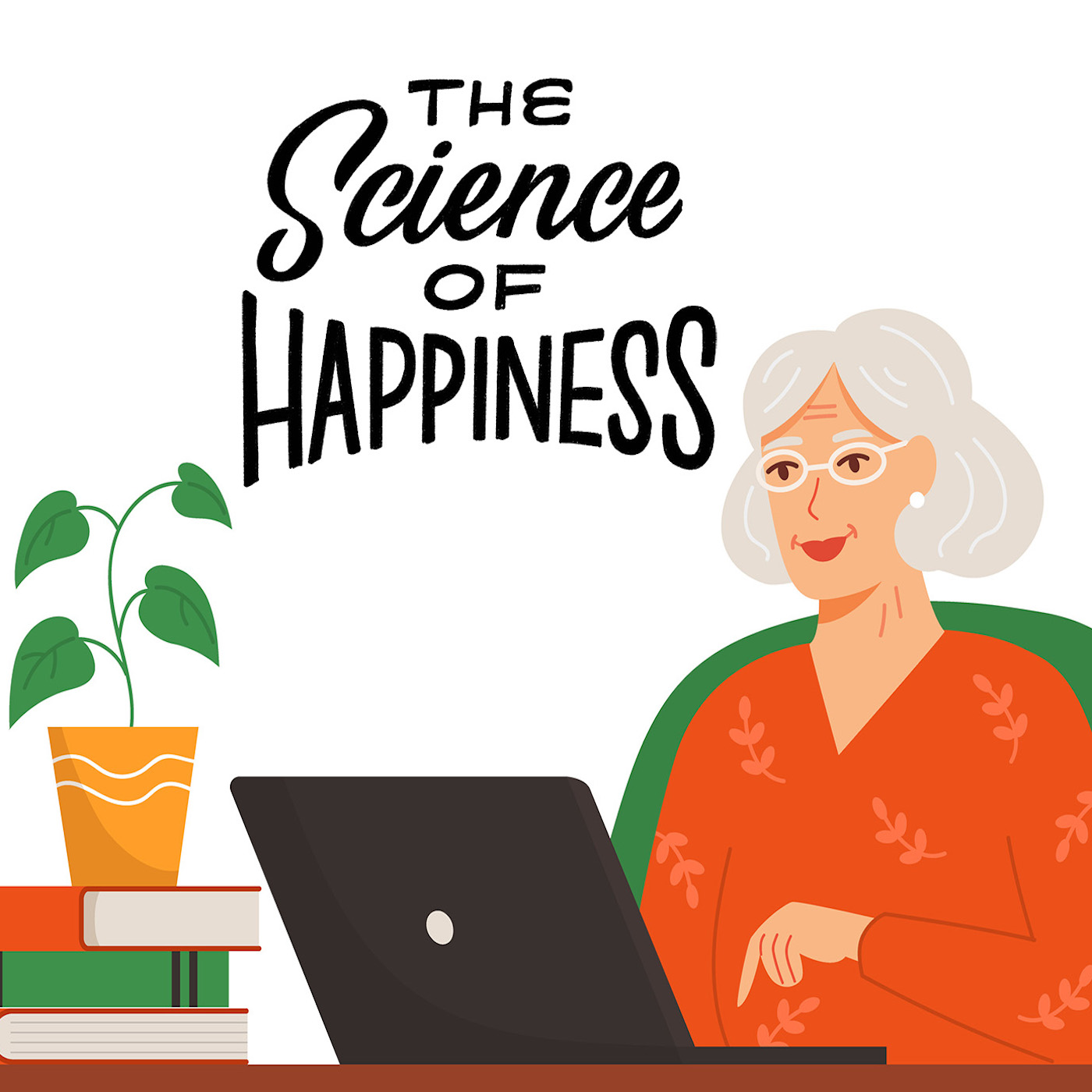How To Make Work More Satisfying

b'
Finding ways to bend tasks toward your strengths and passions can make you happier, more productive and find more meaning in your life \\u2014 no matter your job.
\\n\\nLink to episode transcript: https://tinyurl.com/4ky325rs
\\n\\n\\n\\n
Episode summary:
\\n\\nWhen the poet and former professor Susan Glass first retired, she stacked her days with so many volunteer gigs and passion projects, she felt like she was working harder than ever before. Now, she wants to prioritize living a life of meaning and enjoyment. Susan tried a lab-tested practice called Job Crafting, where you take stock of the tasks that fill your day, how much time and energy they require, what really lights you up, and what changes you can make to better align your efforts at work (or in your free time) with your genuine strengths and passions. Then we hear from researcher Maria Tims about how Job Crafting doesn\\u2019t just benefit your own well-being and help to guard against burnout, it can also boost your whole team\\u2019s productivity and morale.
\\n\\nPractice:
\\n\\n- \\n
Create a \\u201cbefore\\u201d sketch: List all your regular tasks, and note each one as low, medium, or high in terms of the time and energy you actually devote to them.
\\nReflect on and write down what motivates you, what your strengths are, and what you\\u2019re passionate about.
\\nCreate a more ideal (but still realistic) "after" diagram, shifting draining tasks from \\u201chigh\\u201d to \\u201clow\\u201d or \\u201cmedium\\u201d if possible, and boosting energizing and enjoyable tasks where you can.
\\nCreate an action plan: What are some concrete changes that are in your power to make? Are there places where you need to ask for the support of a colleague or supervisor to make a change?
\\n
\\n\\n
Learn more about this practice at Greater Good In Action:
\\n\\nhttps://ggia.berkeley.edu/practice/job_crafting
\\n\\n\\n\\n
Today\\u2019s guests:
\\n\\nSusan Glass is a retired English professor and visually impaired, Bay Area-based poet. She\\u2019s the author of the poetry book \\u201cThe Wild Language of Deer.\\u201d
\\n\\nRead Susan\\u2019s book: https://pod.link/sleep-with-me
\\n\\nLearn more about Susan\\u2019s life and work: https://tinyurl.com/j3pcjn6r
\\n\\n\\n\\n
Maria Tims is a professor of Management and Organization at the University of Amsterdam School of Business and Economics.
\\n\\nLearn more about her work: https://tinyurl.com/mtp7tpy3
\\n\\n\\n\\n
Resources from The Greater Good Science Center:
\\n\\nHow to Make Life More Meaningful (The Science of Happiness Podcast) https://tinyurl.com/39pth57f
\\n\\nHow to Be More Engaged at Work: https://tinyurl.com/2s3t5x2c
\\n\\nHow Oxytocin Can Make Your Job More Meaningful: https://tinyurl.com/mrx8458h
\\n\\nFour Keys to a Healthy Workplace Hierarchy: https://tinyurl.com/788m6tme
\\n\\n\\n\\n
More Resources for Improving the Job You Have:
\\n\\nHBR - What Job Crafting Looks Like: https://tinyurl.com/453yamac
\\n\\nLSE - Can workers really craft their own happiness in the job? https://tinyurl.com/yjavhda9
\\n\\nTED - The Power of Personalising Our Work: https://tinyurl.com/4cvznn8v
\\n\\n\\n\\n
Tell us about your experiences finding meaning in your day-to-day tasks. Email us at happinesspod@berkeley.edu or use the hashtag #happinesspod.
\\n\\nHelp us share The Science of Happiness!
\\n\\nLeave us a 5-star review and share this link with someone who might like the show: https://tinyurl.com/2p9h5aap
'